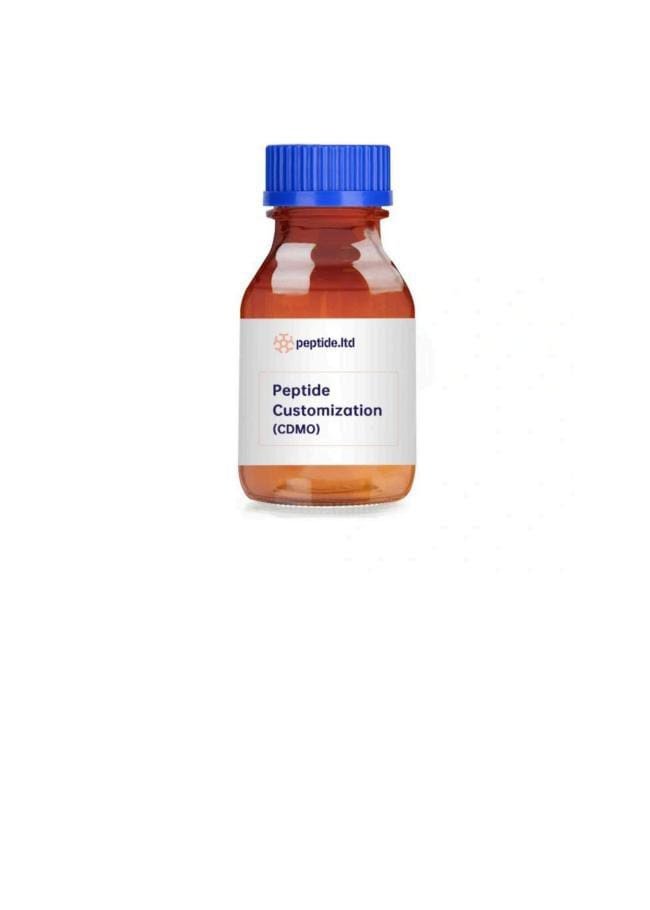Health and nutrition are complicated and may be difficult to maintain, especially in children with active lifestyles. In addition, today’s foods don’t always provide the nutrients your children need due to overprocessing and changes in the way foods are grown. Many things can impact the health of your children’s gut bacteria, but probiotics, such as organic infant probiotics, may help improve your child’s health.
What Are Probiotics?
Probiotics are mainly found in your digestive system. They include yeast and live bacteria that keep your gut healthy. They help your body maintain its balance of good and bad bacteria and reduce the risk and impact of common diseases, such as irritable bowel syndrome, infectious diarrhea or diarrhea from antibiotics, and inflammatory bowel disease. They can also help improve your urinary, oral and vaginal healthy; prevent colds and allergies; and improve skin conditions, including eczema.
Probiotics live in your gut, saliva and urogenital tract, but they also live on your skin.
Health Benefits of Probiotics for Children
In the womb, your children started to develop a microbiome or a balance of good and bad bacteria. In fact, mothers who take probiotics during pregnancy can reduce the risk of their children developing allergies and eczema.
Probiotics help the body digest food, break down antibiotics and other medications, balance bad bacteria, prevent sickness and infection and create vitamins. They also prevent autoimmune diseases and respiratory issues. Colic, acid reflux and constipation can be reduced in infants through probiotics. They can also shorten colds and upper respiratory tract infections, reducing the need for antibiotics.
What Probiotics Are Best for Your Child?
Most of your child’s probiotics should come from foods, such as kefir, kombucha, buttermilk, yogurt, sauerkraut, sourdough bread, pickles, tempeh and kimchi. Just look for “live and active cultures” on the food label. However, some children do not enjoy these types of foods, or they won’t eat enough of them to support their digestive system.
When you supplement probiotics, look for products with live cultures as well. Find out their shelf life. Look for bacteria dosage and type on the label. Also, because they are not regulated, choose well-known brands with good reputations, such as immune booster for toddlers.
However, speak with your pediatricians before supplementing your children’s diets, especially if they are on medications, have had surgery recently, have compromised immune systems or are undergoing chemotherapy. Also, you can ask what brands and types of probiotics they recommend.
Signs that Your Child Needs Probiotics
Antibiotics destroy bacteria in the body, so if your child has recently taken antibiotics, consider giving them probiotics to replace these bacteria. Also, look for constipation and diarrhea. Cognitive dysfunction, including difficulty concentrating or remembering things, can also be a sign. Look for abdominal pain, too much gas and bloating.
Monitor your child’s moods. Look for anxiety, depression and mood swings. Is your child tired? Monitor their sleep patterns and look for disturbances or insomnia. Skin rashes, acne or other issues may also be signs.
If your children have these signs or are affected by any of the many health challenges caused by an unhealthy microbiome, or too much bad bacteria, you may consider adding a probiotic to their diets. Ask your pediatrician about these supplements, including pre and probiotics.



